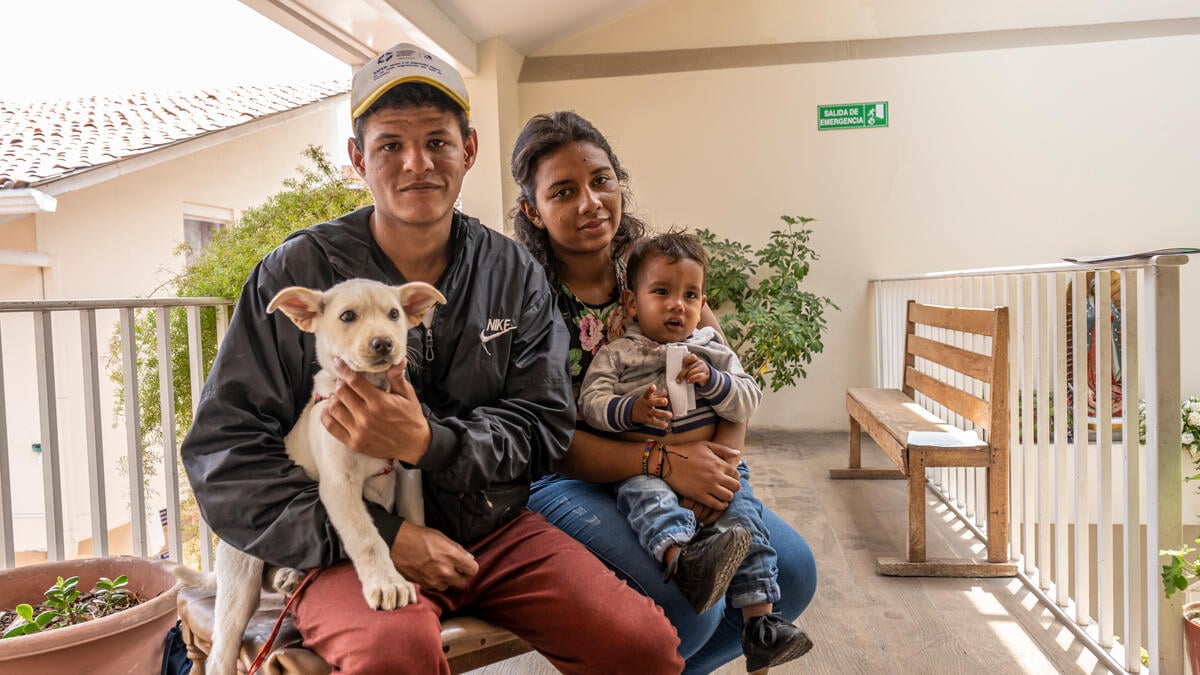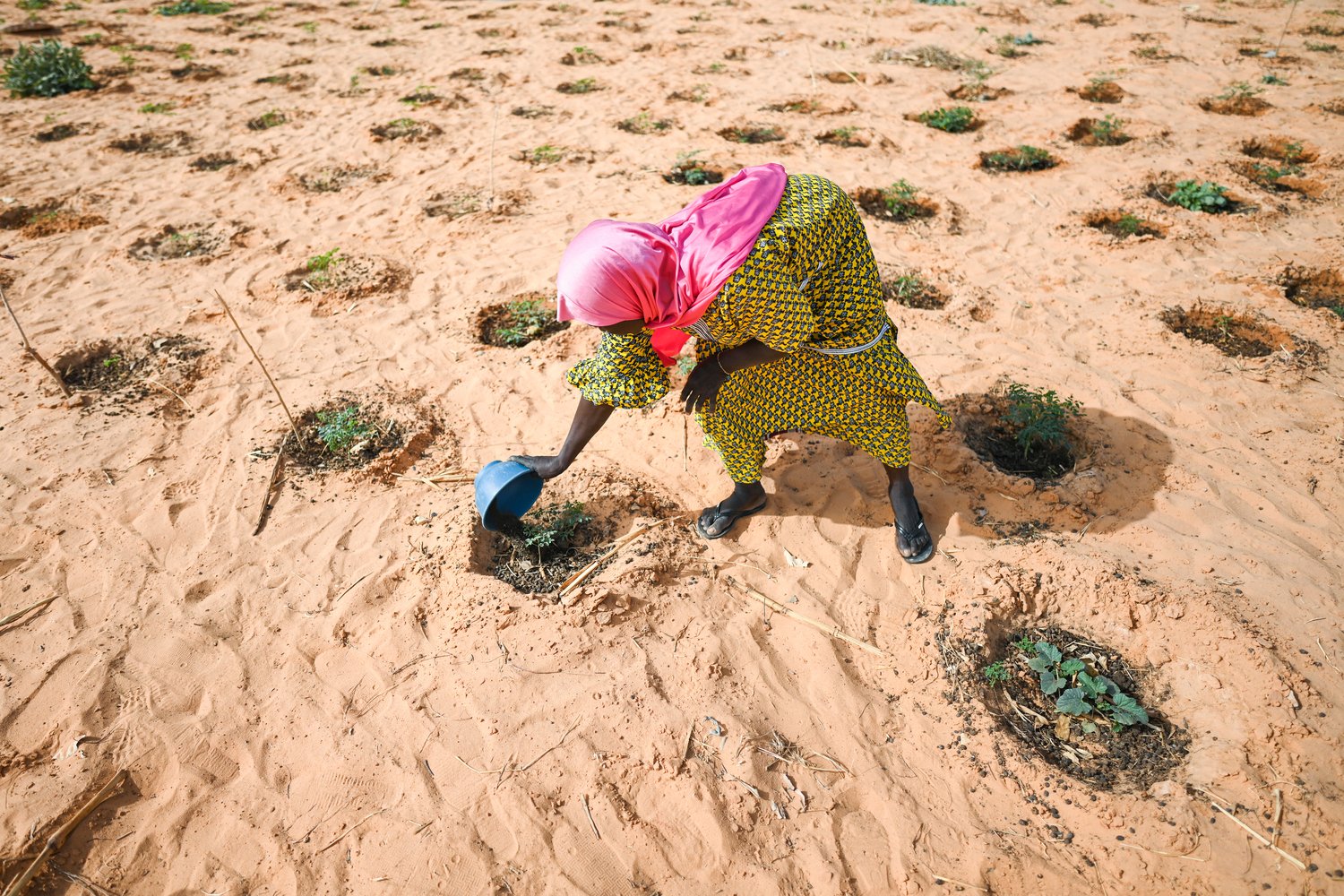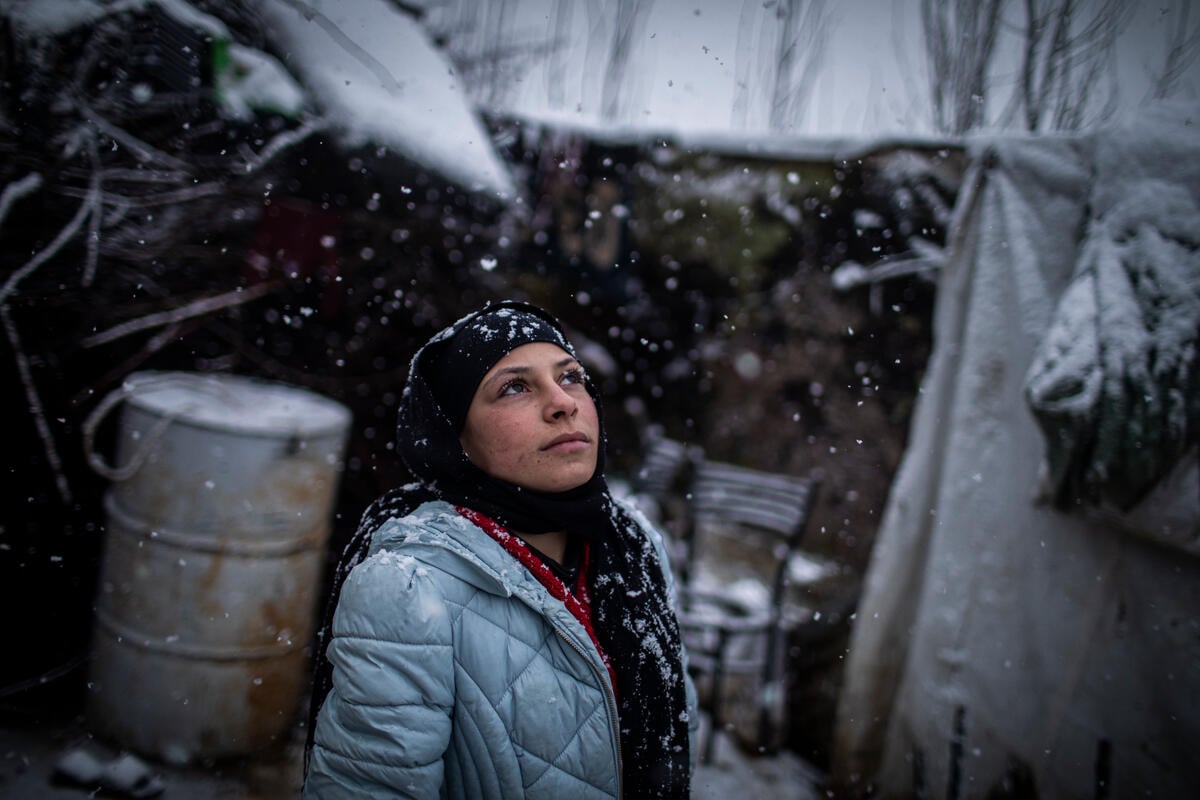North Caucasus: water, baby food, medicine shortages
North Caucasus: water, baby food, medicine shortages
Fighting in and around Grozny is driving more and more people from their homes. On Thursday, more than 2,200 people crossed to Ingushetia. Most were coming back after briefly visiting northern Chechnya. But the group also included 450 people freshly displaced by fierce fighting in the Shatoy area south of Grozny. The main border crossing at Kavkaz is handling two way traffic in and out of Chechnya. Many people go to the north to check on their property and elderly and frail relatives who had been to weak to flee. Some told UNHCR after visiting Russian controlled parts of Chechnya that they were afraid to go back there. The constant two way movement across the border makes it virtually impossible to determine how many people have gone back to Chechnya to stay and how many remain in Ingushetia.
Harsh winter conditions, meanwhile, have made the lives of the displaced in Ingushetia more miserable, especially in spontaneous makeshift settlements and tented camps. While winterized tents and stoves keep the people relatively warm, the lack of water, baby food and medicine are widespread. Some 2,000 babies have been born over the last four months. There is acute need for baby clothes and diapers.
Some camps are totally infested with lice and scabies. The local 300 bed tuberculosis treatment clinic is full with 192 beds being taken by the displaced. Medical workers also report isolated cases of HIV.









